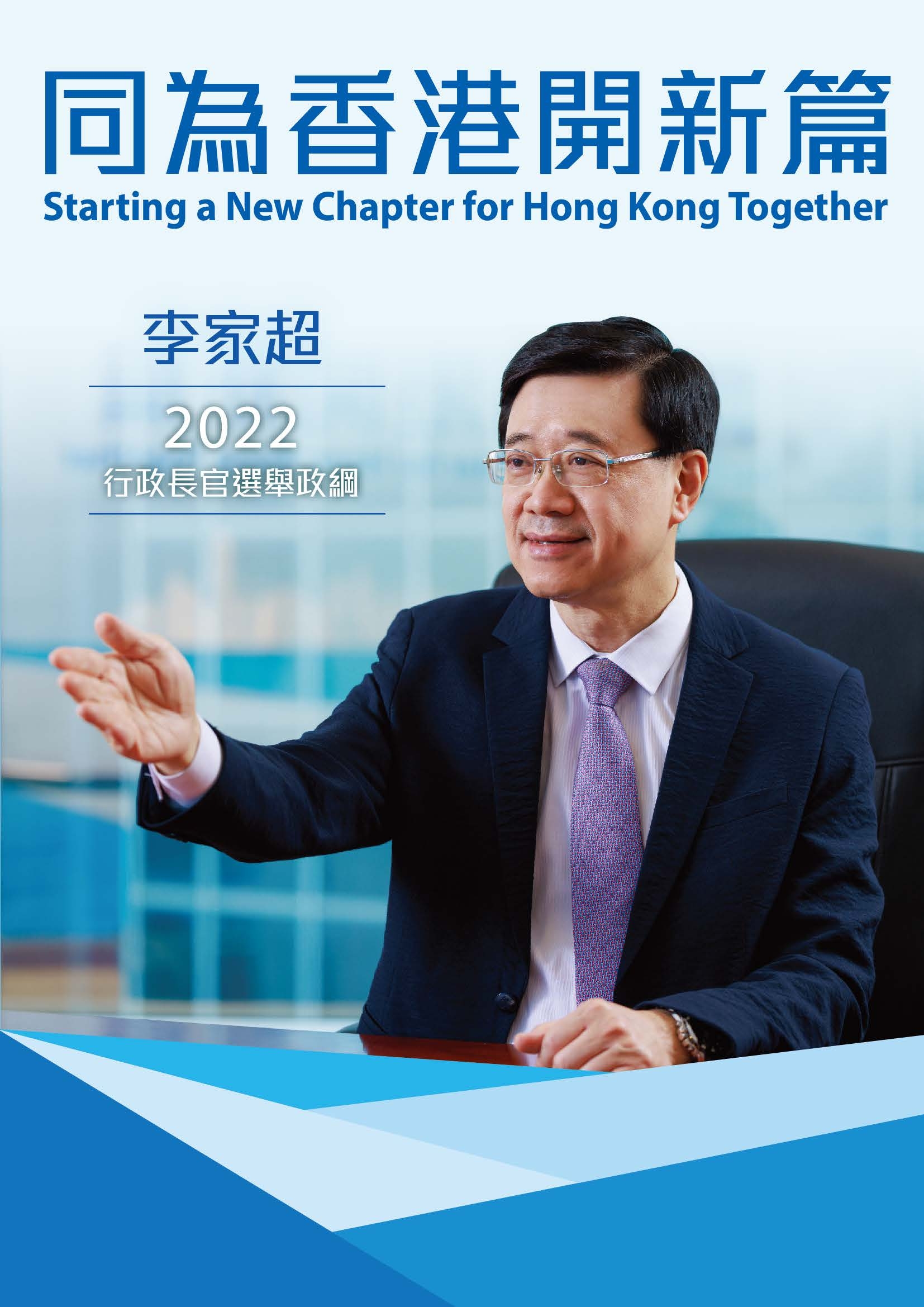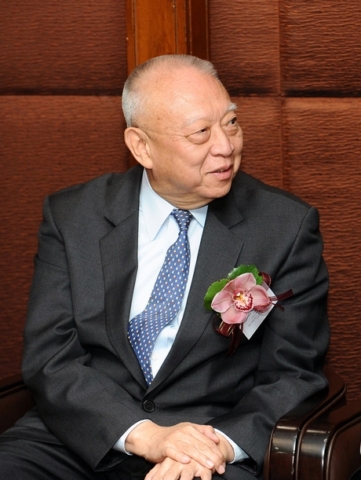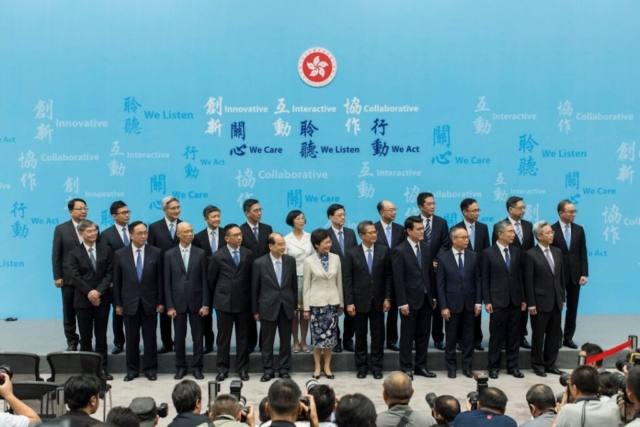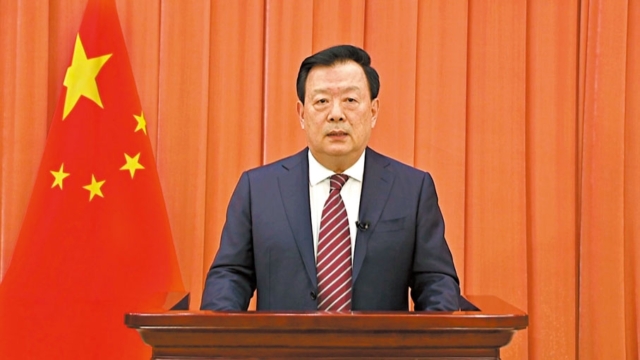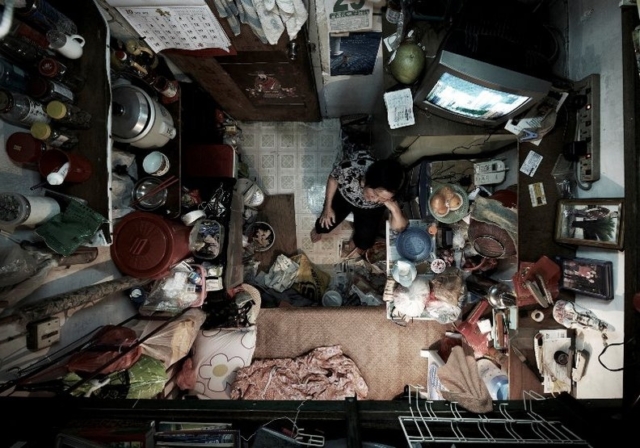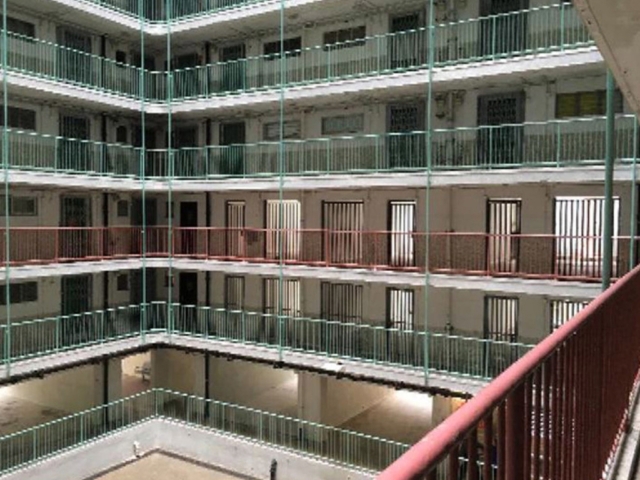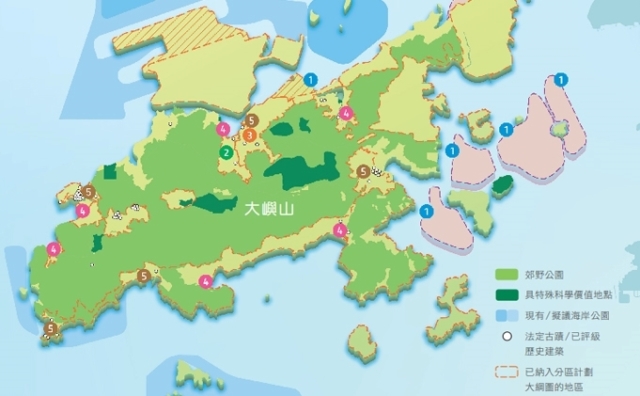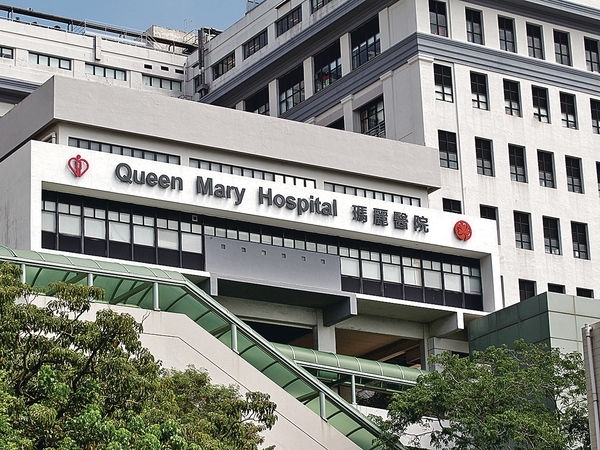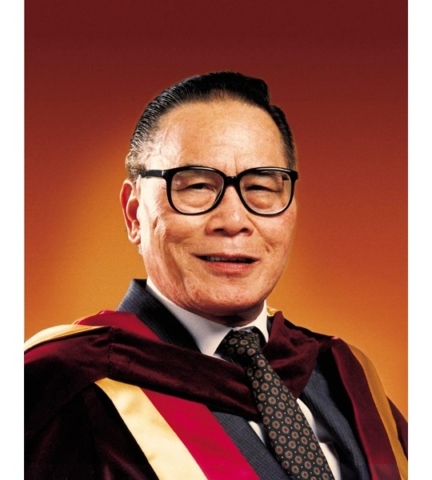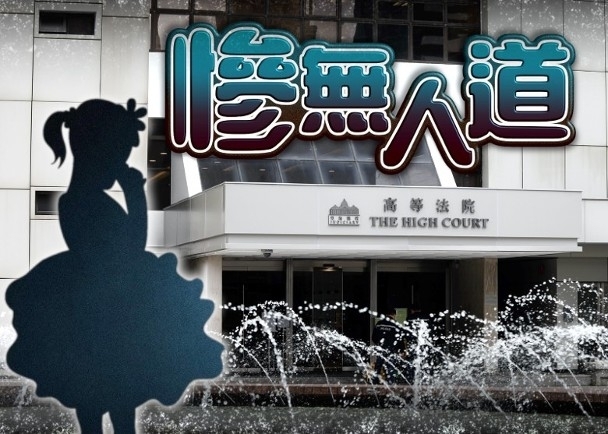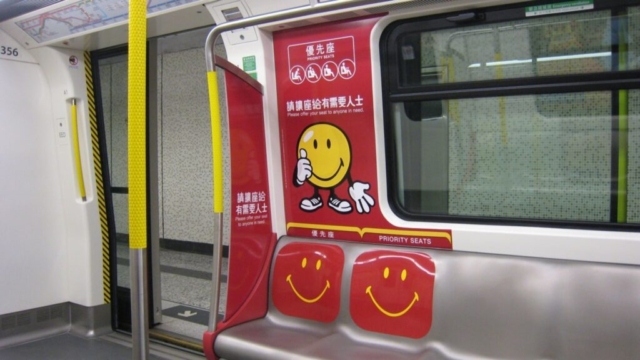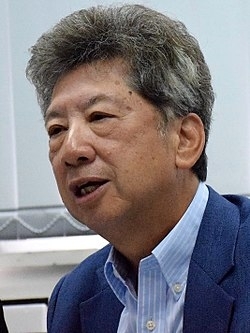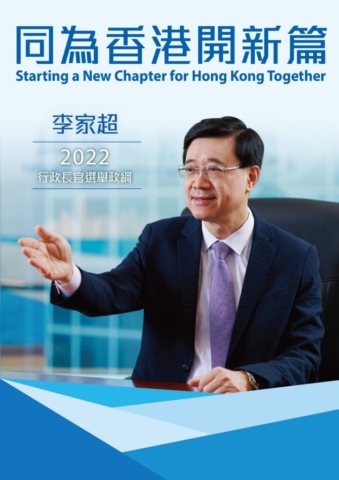25-04-22
Hong Kong is eating itself, firstly its brain and conscience.
Hong Kong has high-quality people. The problem is a matter of mindset and ethics. Now is the time to turn our back on the past. Hong Kong needs a game changer.
‘Second-guess’ expedience, short-term planning, evasive actions and ‘sweep-under-the-carpet’ mentality are, in the dock, the great enemies against good government.
In the colonial days of Hong Kong, governing policies were orchestrated in London, sophisticated diplomats of foreign affairs arrived here and led local officials to implement the planned. After 1997, owing to the political principle of ‘One Country, Two Systems’, Beijing gave a relatively free hand to the local government consisting mainly of native-born administrators who are, with the benefit of hindsight, criticized as being only capable of measuring up to an operational rather than political level of expectations. It was also mistakenly thought that allowing the role of the community oppositions to grow bigger and stronger in Hong Kong was a good thing as the antagonists would constantly question the government, hold them accountable and drive them to be more effective. With the passage of 25 years and sadly contrary to the popular belief, the government in Hong Kong has become weaker, less collaborative and, more so than anything else, distrusted by her people. There are a handful of reasons why this is the case. The Legislative Council, the miniature of a parliament in Hong Kong, turned out to be more of a hindrance than a help when the government tried to solve a problem. Complacency, hesitancy because of meekness, work-shyness, faint-heartedness and lack of expert knowledge of some officials are the common vehement accusations from the public. Even the national government urged time and again the local government in Hong Kong to remove the ‘deep-rooted imbalances and conflicts’(深層次矛盾) in society. Promises unfulfilled and denials about seriousness of social problems caused the citizens to have more bitter perceptions about their government indeed.
In Hong Kong, every problem is clear, every solution is clear but it is, on most occasions, the distance between the two where all the failures lie. For an old economy, we need new thrifts such as technology and culture. For our serious housing shortage, we need more land for development. For delayed treatment in the hospital, we need more resources and better systems. For better equality of wealth, we need more items that can be taxed. For our aging population time bomb, we need higher birth rate. The list of wise suggestions is endless. The challenge is in the doing.
The good public policies and actions play an important role in the lives of every person. A government must commit itself to vigorous decisions and then have able servants to carry out those policies swiftly. 5 stages are involved. A problem that impacts the public should be initially identified. Solutions are put forward and debated. Then, officials will narrow the range of possible policy solutions. Government leaders subsequently make up their mind bravely on a particular course of action that will best address the problem. The above are the ‘What’ aspects. The next 2 steps are concerned with ‘How’ i.e. implementation of the policy. Is legislation or a change of government structure and system required for the policy implementation? Who should take up the tough jobs of execution and what measures should the executive arm adopt? ‘How’ is of course more difficult than ‘What’.
Solutions must be fundamentally effective. In Hong Kong, piecemeal, superficial, devious, effusive, procrastinating and cosmetic actions are often counterproductive as much as self-destructive. People are clever and they can tell if their government is good or bad at, if not sincere or insincere about, solving a problem. When government fails, despair, grudge and un-cooperative attitude as public pressures will mount and this is one of the causes finally leading to the 2019 Riot.
For the past decades since 1997 in which Hong Kong was returned by Britain to China, most of us felt that Hong Kong had been going down because the government suffered from the flaw of ‘no brave decision being made after deliberation and no action or plan, in full bloom, being taken after such decision’.
This is why negative criticisms against the government are bouncing like a ball: the political ‘accountability system’ divides rather than enhances government; education is ineffectual because young people here are becoming disrespectful and rude; a hospital, slow and crowded, has become no place to be sick. ‘The poor getting poorer and the rich getting richer’ is aggravated by the extreme capitalism and ‘housing without people, and people without housing’ is a paradox in Hong Kong.
It is not the social problems per se that are harming Hong Kong. People often said it is the apparent inability of the government to design and take fundamental actions against such problems that is hurting the heart of people of Hong Kong.
Now, Hong Kong will soon have a new Chief Executive John Lee Ka-chiu who has been praised by many as ‘responsible, worldly-wise, willing to listen, courageous, dedicated, visionary, nationalistic and full of experience’. This is apparently encouraging. Great author John Jay Chapman once said, “Good government is the outcome of private virtue.”
All noisy, wordy, confusing and self-serving, in case they are, propositions from the local politicians can really be dispensable IF Hong Kong in future will have a man of true leadership with the long-awaited bravery to stick with a bold course of action, an unconventional way of doing things and an aggressive Hong Kong development roadmap for our disappointed society in the wake of egregious international conflicts.
For the first time in the history of Hong Kong that we have a ‘disciplinary attaché’ (Mr Lee used to be a police officer) to rule Hong Kong. We humbly pray that he could make a refreshing difference. The golden rule for him is simple like this: put yourself in the place of a low-income man with a family to feed in Causeway Bay and start working with your prospects as if all the social problems and sufferings had already bothered you for many years. Wishing Mr. Lee, our Chief Executive, all the best in his challenging years!
This article can also be found at the following sites:





